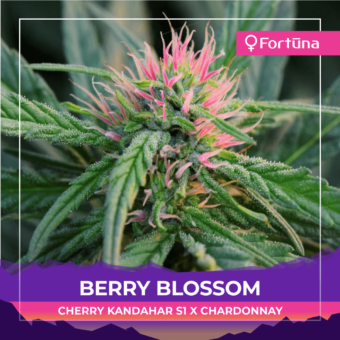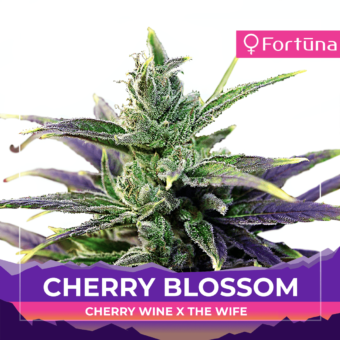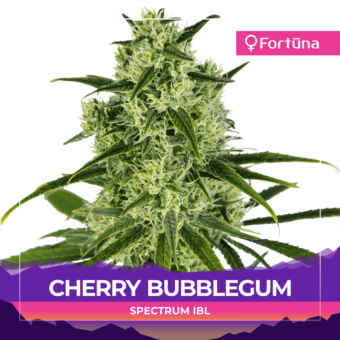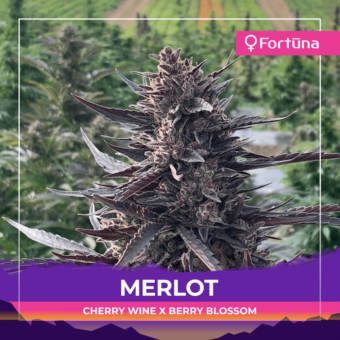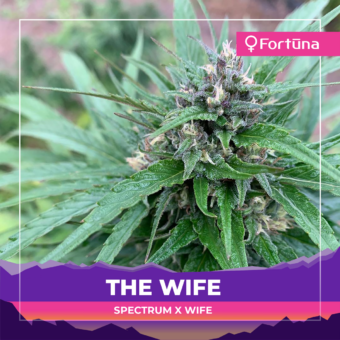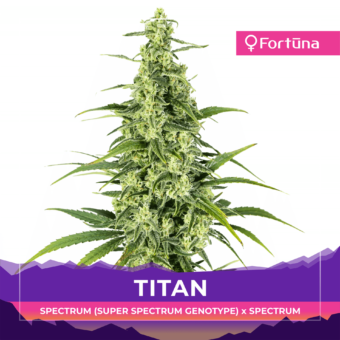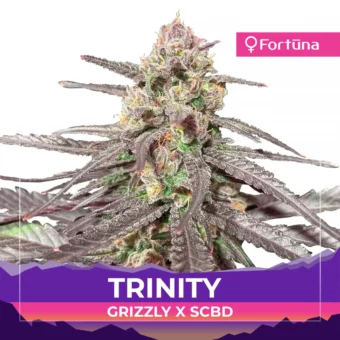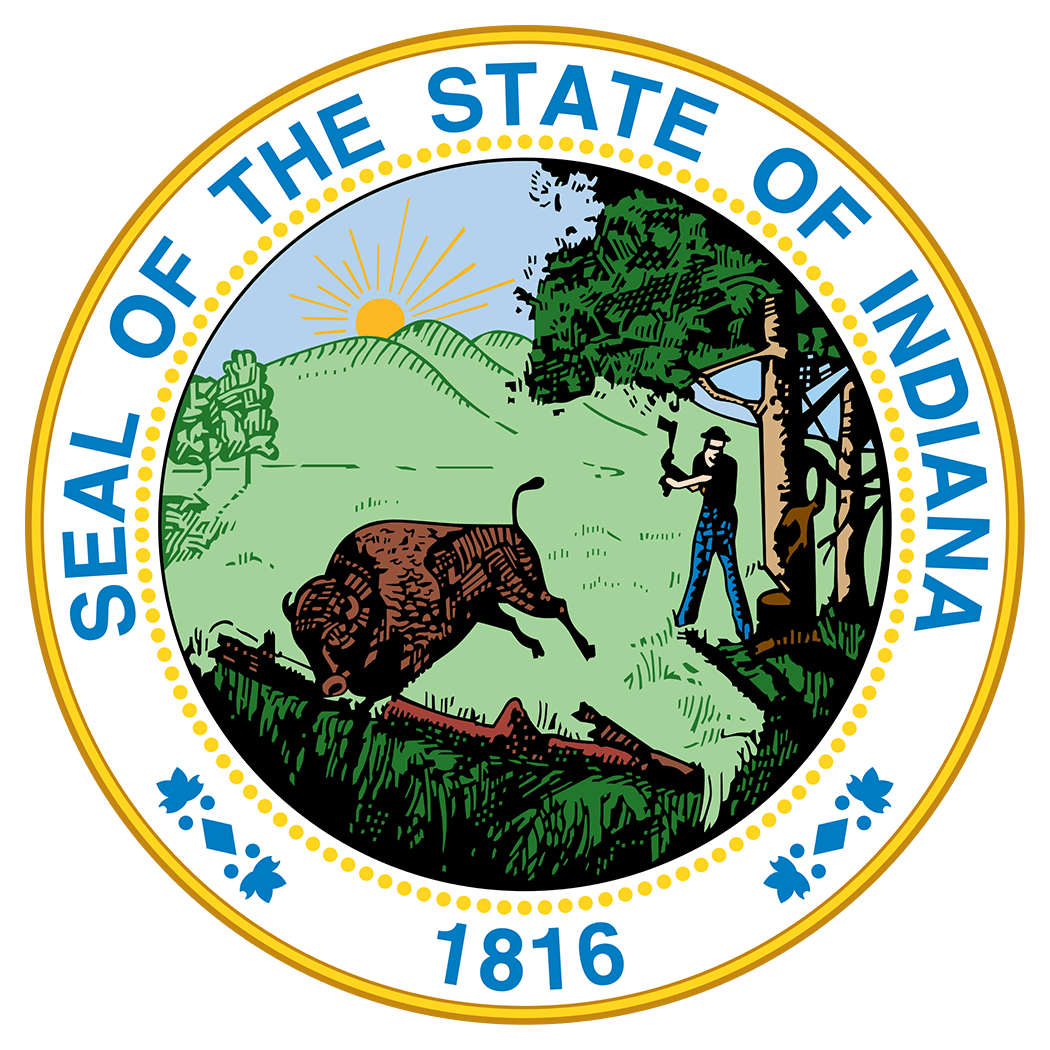
Indiana Hemp Seeds
Buy Feminized Hemp Seeds For The State Of Indiana
CBD Hemp Seeds For Growing In Indiana
It is legal to grow hemp in Indiana under strict guidelines. First and foremost, anyone wishing to grow, process, or handle hemp must gain proper licensing. Indiana considers hemp produced without a license to be marijuana rendering it illegal in the state.
Get Licensed to Grow Hemp in Indiana
There are currently three different types of hemp licensing in Indiana: Grower, Processor, and Researcher licenses. In time, the Researcher license will go away, leaving only Grower and Processor hemp licenses in the state.
Those who wish to apply for a Hemp Grower or Processor License in Indiana must submit a virtual form using a current version of Adobe Acrobat Reader. If the virtual “submit” button fails, applicants can submit the form to [email protected] instead.
In addition to the grower/processor application, registrants must also submit a criminal background check. The goal of the background check is to confirm that no key participants have any drug-related felonies or misdemeanors within the last ten years. Note that employees who work under a registered hemp grower or processor likely do not require a background check. Only those responsible for activity conducted under a hemp license need to have a clean criminal history.
The application must also include a detailed list of all areas in which the hemp will grow or process. Precise GPS coordinates are also mandatory for each location. Hemp grown in an area not registered with the state is, by default, “marijuana” and, therefore, illegal in Indiana.
In some cases, farmers may receive a request to cultivate hemp on behalf of another person or entity. Many consider Indiana to be one of the best states in which to grow hemp. As such, many who hold licenses may seek to outsource land and labor. It is the responsibility of the farmer to ensure that contracting companies have valid Indiana hemp licenses. Note that many companies contracting hemp farmers in Indiana are not licensed. As mentioned, growing hemp without proper licensing is illegal, which could leave unsuspecting farmers duped into growing federally illegal marijuana, instead.
Mandatory Hemp Reporting
Growing hemp in Indiana requires precise reporting throughout the year. For example, registrants must report any changes to drying or processing sites online with the Drying and Processing Site Changes Form. Additionally, they must virtually submit a Hemp Grow Site Changes Form if the growing location changes or alters. Remember, any hemp that grows or processes outside of approved areas is marijuana and subject to federal penalties.
Additionally, growers must virtually submit the Post-Harvest, Termination and/or Destruction Report following the harvest or destruction of hemp plants. The form helps Indiana officials document precisely how much hemp enters into commerce and how much gets destroyed for noncompliance.
Indiana Hemp Sampling and Testing
Indiana requires mandatory sampling of all hemp crops in the state to confirm THC compliance. The state uses surveillance testing to pull random samples of flowers of each hemp variety. Laboratory officials use gas chromatography to measure the THC concentrations of dried hemp flowers. Whereas compliant hemp must contain no more than 0.3 percent THC on a dry weight basis, “hot” (non-compliant) hemp plants will contain more. Hot crops may be eligible for re-testing. However, farmers must destroy non-compliant hemp plants to block them from entering commerce.
Buy Indiana Feminized CBD seeds
The Office of Indiana State Chemist (OISC) does not distribute hemp seeds in Indiana. As such, growers must source hemp seeds from out-of-state vendors. The state does, however, require specific seed labeling practices and mandates seed quality using a series of quality assurance tests. For example, seed vendors must confirm germination rates meet or exceed standards. The state further requires germination re-testing every 15 months.
Those who wish to grow hemp for CBD must ensure that they only purchase female hemp seeds. Female plants produce flowers but do not produce pollen. Should female hemp plants become pollinated, their CBD production will diminish significantly. Therefore, farmers should only grow feminized CBD seeds and consult surrounding farmers to determine if they are doing the same. Note that if any male hemp plants develop in surrounding areas, they may pollinate female plants, thus dropping biomass quality. The state strongly encourages CBD hemp farmers to discuss this with neighbors to determine if there is a risk of cross-pollination in the area.
Visit Indiana’s Hemp Program website to learn more or contact us to hear how we can help.
